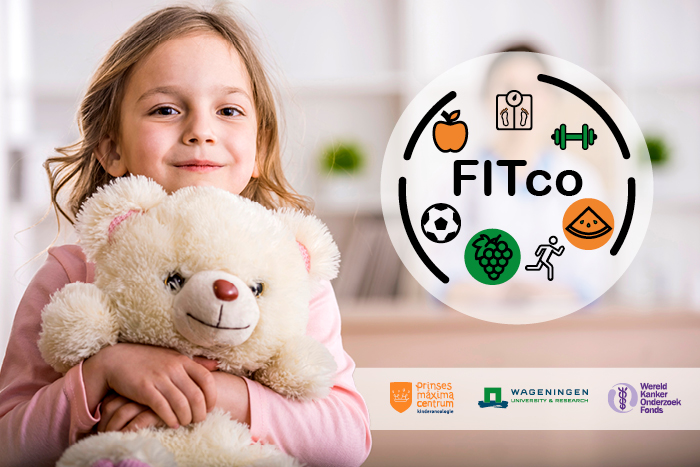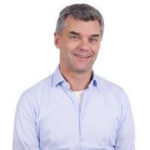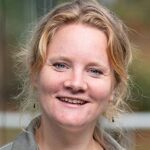Fitco study: unique research into childhood cancer
World Cancer Research Fund International and Wereld Kanker Onderzoek Fonds are collaborating with the Princess Máxima Center and Wageningen University & Research in the Netherlands to find better ways to support children with cancer.

Can nutrition and exercise give children with cancer a better chance of survival? Dutch researchers are attempting to answer that question with a groundbreaking collaboration that is crucial to reduce side-effects and improve survival for children with cancer.
The FITco study, launched in May 2025, is run by the Princess Máxima Center and Wageningen University & Research, and funded by Wereld Kanker Onderzoek Fonds – our network charity in the Netherlands.
Every year, approximately 600 children (0–18 years) in the Netherlands are diagnosed with cancer. There is a big difference between cancer in children and cancer in adults. A large number of forms of cancer occur mainly, or only, in children. Treatments and chances of recovery are also different than for adults.
During and after the disease and treatments, children often experience challenges such as unintentional weight loss or gain, nutritional deficiencies, reduced appetite, and changes in smell and taste. These factors can affect treatment outcomes, chance of survival, and quality of life now and in the future.

Prof Wim Tissing

Dr Dieuwertje Kok
This study – led by Prof Wim Tissing and Dr Dieuwertje Kok – will follow 500 children newly diagnosed with cancer to track:
- diet
- physical activity
- body fat and muscle mass
This information will be collected from diagnosis and over the following 2 years. The researchers want to discover how these factors affect childhood cancer during and after the disease, with a long-term aim to identify better ways to support children with cancer, reduce side-effects, improve survival, and enhance their quality of life.
This research can have a global impact through collaborations with international research groups focused on paediatric oncology.
This project has undergone external peer review and is supervised by an independent scientific advisory group of experts to ensure it meets rigorous scientific standards.